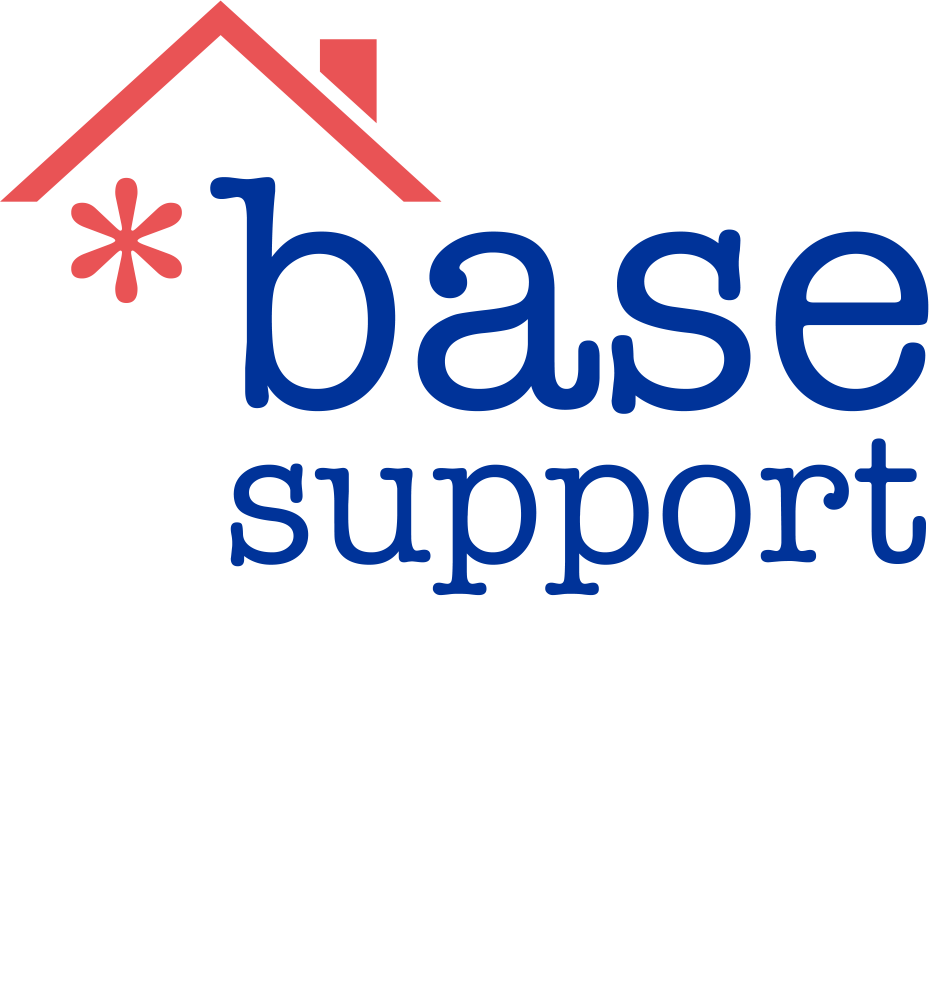Our Approach
“Staff demonstrate insight into the challenges the children face and a commitment to support them to deal with these”. … “Children have a voice and make choices…staff always enquire about their wellbeing and listen to and address any issues they raise.”
- Care Inspectorate Report
Trauma-informed Approach
At BASE, we adopt a Trauma-Informed Approach to care. This approach recognises that trauma exposure can impact an individual’s neurological, biological, psychological and social development. It aims to reduce the negative impact of trauma experiences by working collaboratively with young people to empower them to make choices about their health and well-being. Trauma-informed practice acknowledges the need to see beyond an individual’s presenting behaviours and to ask ‘What does this person need?'‘ rather than ‘What is wrong with this person?’. Our staff are trained in the principles of PACE ( Play, Acceptance, Curiosity, and Empathy) and DDP (Developmental Didactic Practice).
Safeguarding
As part of our safeguarding practice, we utilise the ‘Signs of Safety’ model of Child Protection. This approach to safeguarding was developed by researching what works for professionals and families in building meaningful safety for vulnerable and at-risk children. It asks the question ‘What are we worried about? What’s working well? and What needs to happen? The ‘Signs of Safety model is designed to be used from commencement through to case closure in order to assist professionals at all stages of the child protection process. It expands the investigation of risk to encompass family and individual strengths, periods of safety, and good care that can be built upon to stabilise and strengthen a child’s and family's situation.


